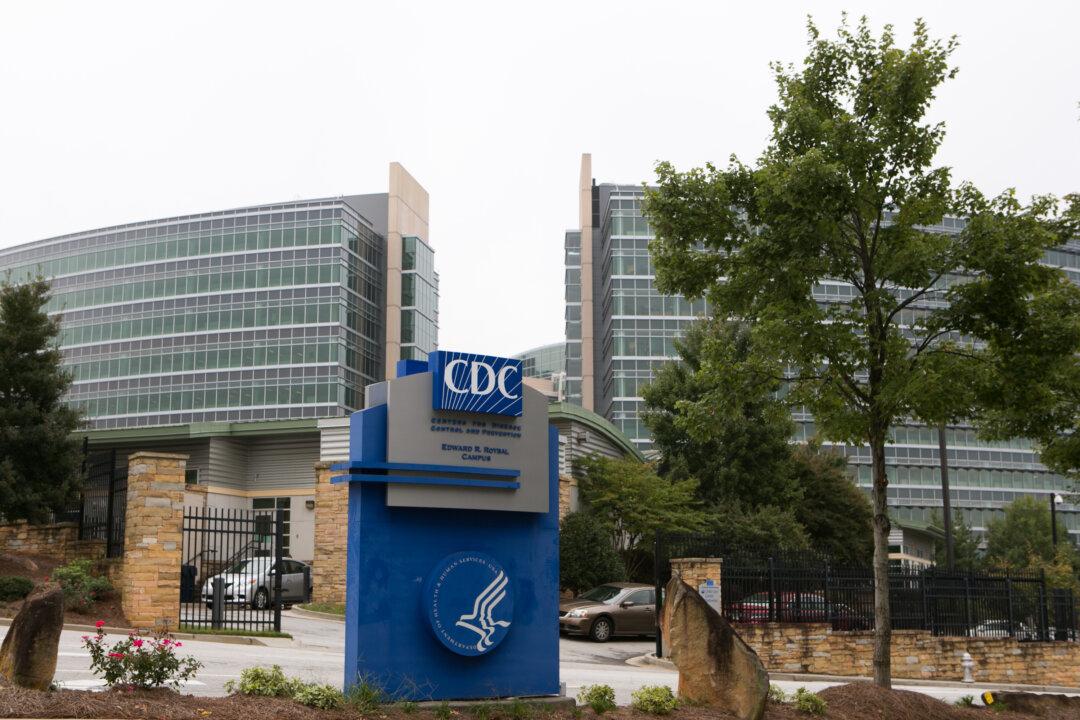Federal health officials said an issue that delayed expanded testing for the new coronavirus in the United States has been fixed, paving the way for public health laboratories across the nation to test patients locally for the disease the virus causes.
The Centers for Disease Control and Prevention (CDC) sent test kits to labs across the country earlier this month but one of three steps in the test led to inconclusive results.





